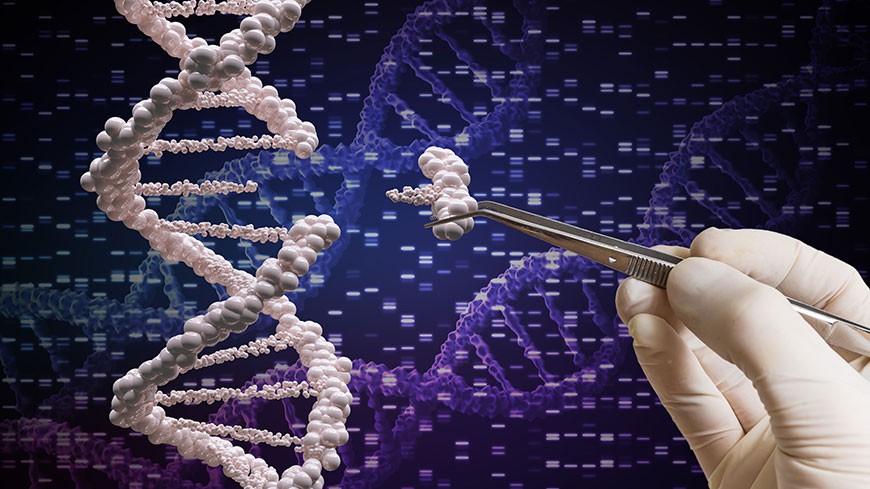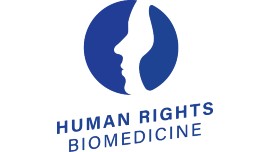Following the second International Summit on Human Genome editing and the announcement of the birth of two babies in China following genome intervention, the Council of Europe Committee on Bioethics (DH-BIO), representing 47 European states, considers it important to reiterate its Statement on genome editing technologies adopted during its 8th plenary meeting (1-4 December 2015).
Ethics and human rights must guide any use of genome editing technologies in human beings and the Convention on Human Rights and Biomedicine (“the Oviedo Convention”, 1997) - the only international legally binding instrument addressing human rights in the biomedical field - provides a unique reference framework to that end.
The Oviedo Convention represents the outcome of an in-depth discussion at European level, on developments in the biomedical field, in particular in the field of genetics. This work was guided by the acknowledgement of the positive perspectives of genetic modification with the development of knowledge of the human genome; but also by the greater possibility to intervene on and control genetic characteristics of human beings, raising concern about possible misuse and abuses, in particular the intentional modification of human genome so as to produce individuals or groups endowed with particular characteristics and required qualities.
Article 13 of the Convention addresses these concerns about genetic enhancement or germline genetic engineering by limiting the purposes of any intervention on the human genome, including in the field of research, to prevention, diagnosis or therapy. Furthermore, it prohibits any intervention with the aim of introducing a modification in the genome of any descendants.











